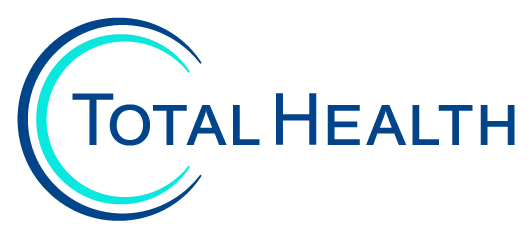- Home
- About Us
- Services
- Corporate Services
- IV infusion
- Departments
- Medical Consultation and Treatment
- Ophthalmology
- Orthopedics
- Physiotherapy
- Sleep Apnea
- Bio-identical Hormone Replacement (BHRT)
- Gynecology
- Pediatrics
- Diabetes Management
- Weight Loss
- ENT (Ear, Nose, Throat)
- Pharmacy
- Dental
- Onsite Laboratory
- Imaging
- Nutritional Management
- Health Checks
- Vaccinations
- Work Permit Medicals
- Team
- Blog
- Contact
- +1 (345) 333-2222
- COVID-19 Testing





